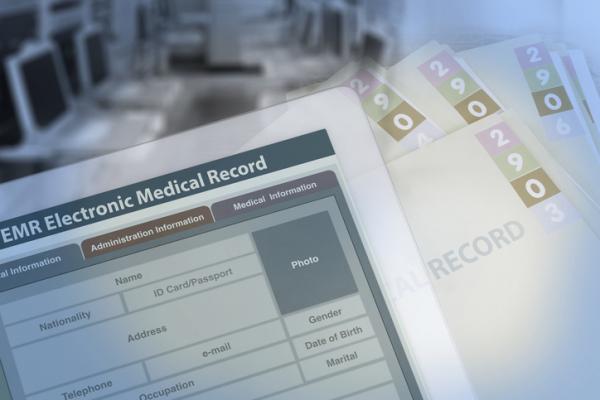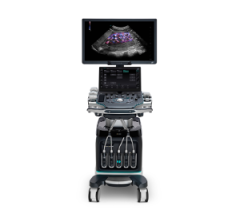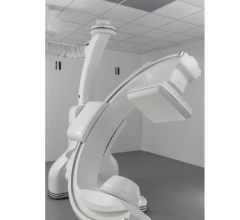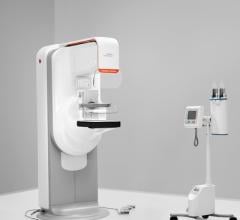
August 17, 2021 — Expert medical organizations caution that evidence-based ordering of medically necessary imaging exams should not be denied due to widely disagreed upon radiation dose levels tracked in some electronic health record systems (EHRs).
In a joint statement, the American Association of Physicists in Medicine, American College of Radiology (ACR) and Health Physics Society urge providers to optimize imaging use with widely available evidence-based tools and base orders on clinical grounds — including prior imaging results. The joint statement also is endorsed by the Radiological Society of North America.
“Dose information tracked in EHRs is not standardized — or even universally accepted,” said Mahadevappa Mahesh, Ph.D., MS, FACR, chair of the ACR Medical Physics Commission. “Imaging history is useful to doctors as they work with patients to determine the best care, but still-evolving dose estimates should not be used to deny patients’ imaging exams prescribed by their doctors.”
Imaging exams are directly linked to greater life expectancy and declines in mortality rates. Scans reduce invasive surgeries, unnecessary hospital admissions and length of hospital stays. Arbitrary imaging limits, based on non-clinical factors, including dose quantities not broadly accepted by radiation safety experts, may lead to unintended consequences and negatively impact patient care.
“Every imaging exam has the potential to provide new information under constantly-changing clinical conditions,” said David B. Larson, M.D., MBA, chair of the ACR Quality and Safety Commission. “The decision to perform an exam must be made by doctors at the time the information is needed, not restricted by previous medical care, which represents water under the bridge.”
Read the Joint Statement and accompanying Frequently Asked Questions (FAQ) document.
For more information about medical imaging radiation dose levels: radiologyinfo.org


 February 04, 2026
February 04, 2026 









